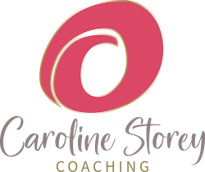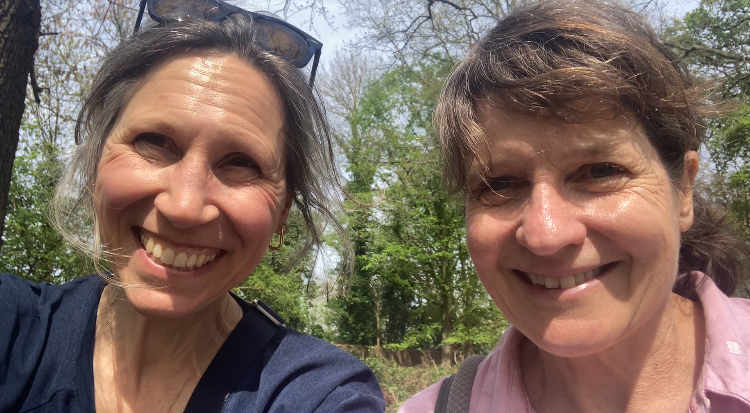Many years ago, a defining experience was not getting a job I thought I really wanted.
I had applied to a graduate scheme that felt like the perfect next step, and made it all the way to the last stage before not getting an offer.
It felt like a shocking failure. An example of not measuring up.
For many years I made it all about me and what I’d done wrong. If only I could have been different, been more of what they were looking for.
I never stopped to wonder if it simply wasn’t the right fit for me.












